Have you ever wondered what it takes to create the beats, melodies, and sounds that make your favourite songs unforgettable? Music production is the art and science behind every track, whether it’s a chart-topping hit, an indie gem, or a chill lo-fi beat. If you’re curious about producing music and want to start making your own tracks, you’ve come to the right place!
This guide will break down the basics of music production, from the essential tools to key techniques, so you can start turning your ideas into reality. You don’t need a fancy studio or years of experience to begin—just a passion for music, a bit of creativity, and a willingness to experiment. So, whether you’re dreaming of producing hip-hop, EDM, rock, or something entirely new, dive in and discover how to make your mark in the music world.
![]()
What is Music Production?
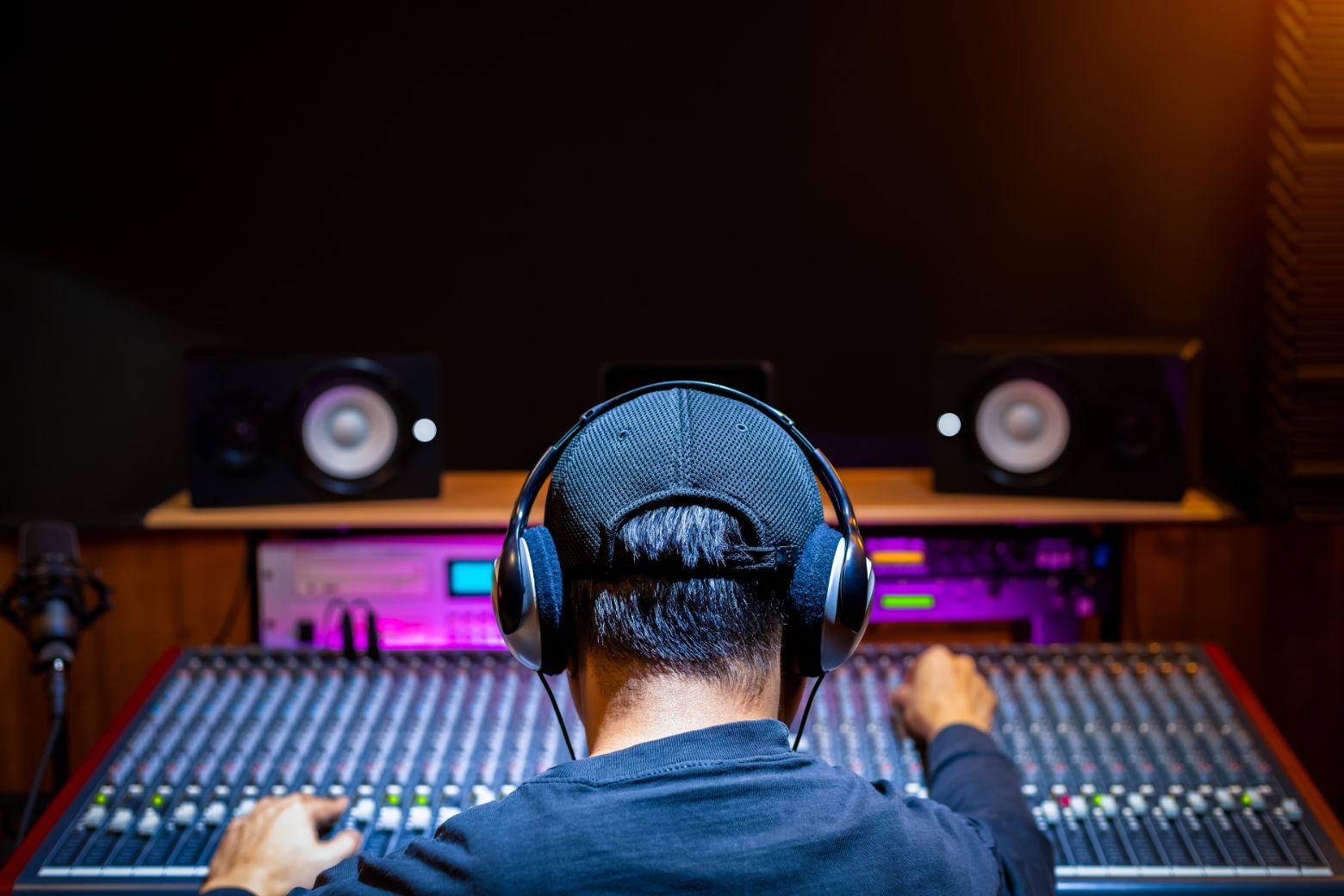
In short – It’s the act of creating new music.
But also to record, edit audio, create sounds, and much more. Do you know the person in movies who says “Let’s do another take!”? That’s a part of producing. What is the beat that accompanies an artist’s songs? Created by a producer. The full orchestra you hear in movies? A music producer’s job (a composer and producer work hand in hand). You will want to learn music production if you want to be more “behind the scenes”.
![]()
What does a Music Producer do?
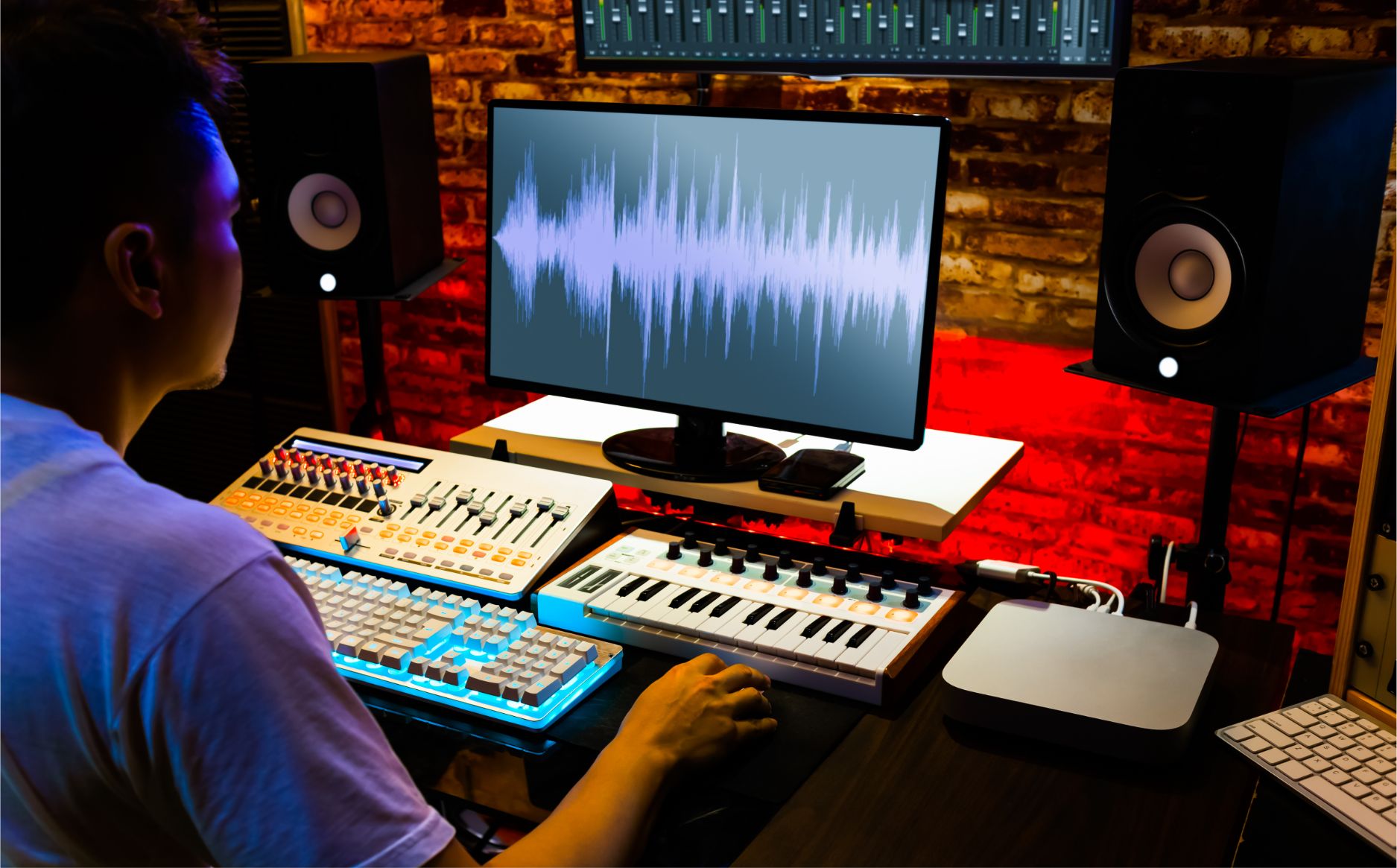
You hear about producers like Pharell Williams, Timbaland and Dr. Dre constantly, but what do they do? Music Production is a combination of skills: Recording, Composing/Arranging, Editing, Mixing and Mastering to name a few.
A producer spends most of the time in the studio. If they’re working with an artist or band, they will prepare the right microphones in the right direction to get the best, highest quality sound. They may also be working with a vocalist who doesn’t have a beat for their song, in which case a producer would be on a DAW (Digital Audio Workspace) creating some music to send to the vocalist, they might get some feedback on how the artist wants the track to feel and edit the track to fit their needs. Alternatively, a producer might work on their songs, composing and arranging music they created, maybe working and editing samples they found or recorded.
![]()
Is it hard to become a Music Producer?
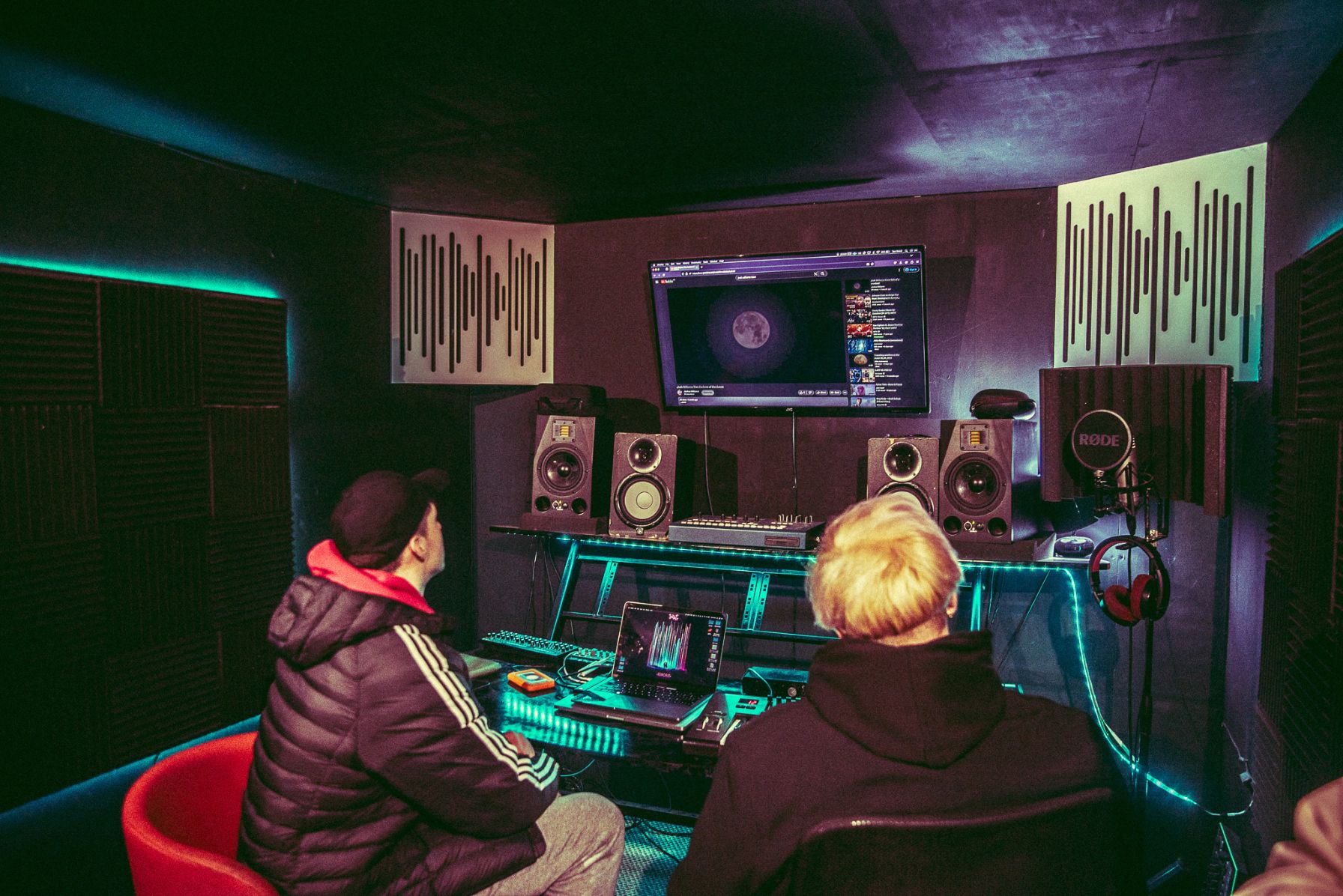
If you gave 10,000 apes a DAW, eventually one will compose Beethoven.
Like anything, there is a learning curve. For music production, it is easy to pick up but difficult to master. Once you learn to navigate your DAW, you have been unlocked to create anything you’d like, but it won’t necessarily sound good. Learning how to compose would be a good first step into creating a nice-sounding beat. The music theory side is something many starting producers dread, as some may find it boring. However, the complexity of it all is what makes it the most interesting part of music.
If you know how to play an instrument, or are learning how to, you might want to try recording your music with any microphones you own, and insert that into your DAW to see if you can sample your music into something even better. You can also try positioning your microphone at different angles to hear how it affects the sound you make. For example, if you are recording an amp, having your microphone pointed straight towards the amp will create a clear sound. However, if you angle it slightly, you will get a warmer sound. Putting your microphone above or below the amp will also affect the sound you hear in the recording. So try different things to get the best sound.
There are many music production courses in colleges to help you get from someone who has a passion for music to someone who has a job in the industry, as well as tutors who can guide you into university if you wish. Access Creative College offers a Level 3 Music Production course which is a great first step to becoming a music producer.
![]()
How to make your own music
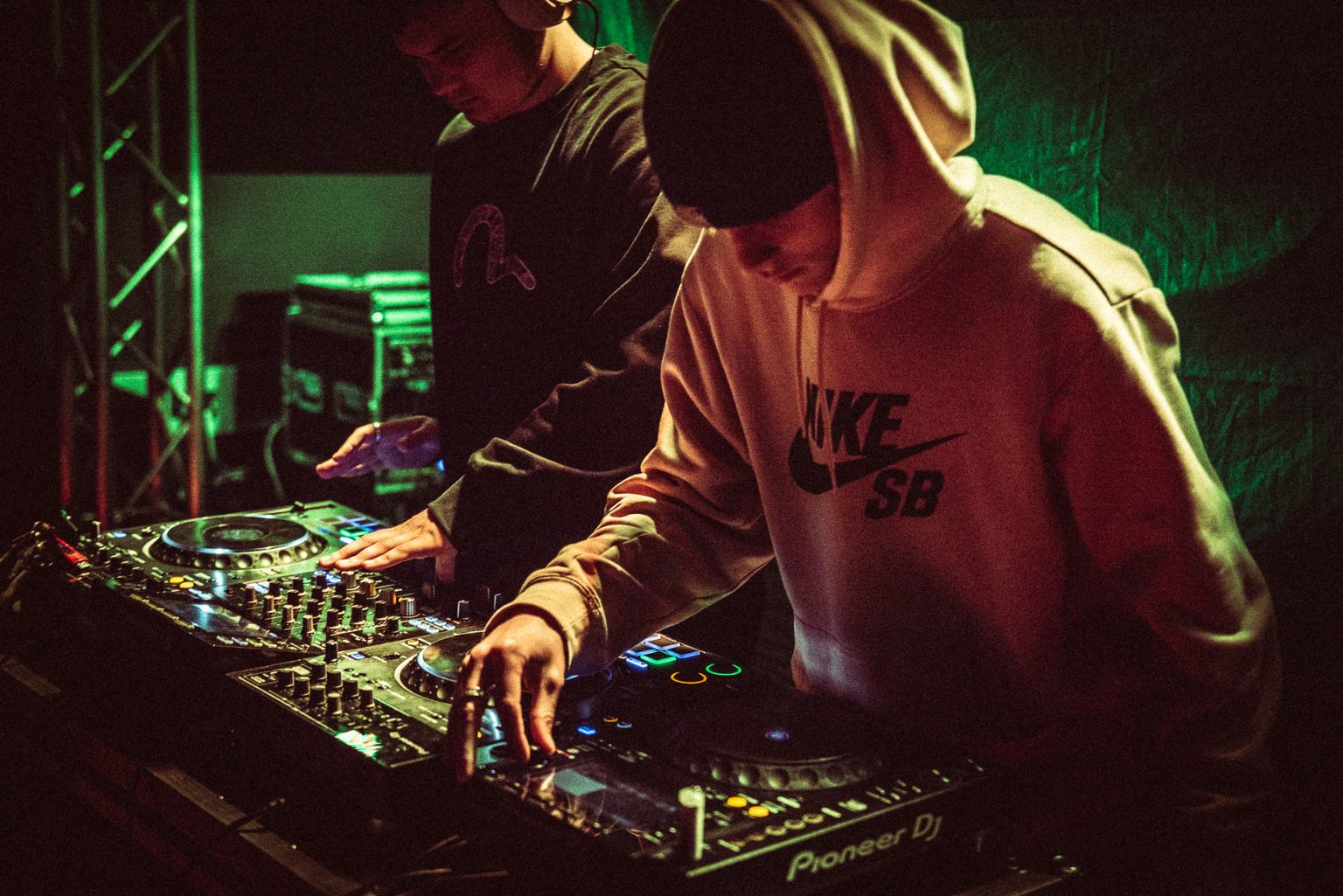
Once you’ve installed your DAW of choice, and have learnt how to navigate and create sounds, you might want to start creating the music you have in mind. Start by creating a drum loop, then move on to chords and a bassline. Once all that is set you can create your melody. Try to use different instruments for these, don’t be scared to experiment. Creating music is meant to be fun, so don’t worry when your first many beats are short and don’t meet your standards.
Once you’ve got a hand in creating songs, and know how to organise your projects, you can create high-quality music. Here is where you want to dedicate some of your producing time to learning. Taking lessons or researching online on composing, producing, using effects, structuring a song, and learning music theory basics will help you make your music sound better. Try to do 30 minutes of research and then an hour of translating what you learnt into the software, you’ll be surprised by how much better your music will sound.
![]()
What is the best music-making software for beginners?
The most common question you will ever hear and ask as a producer. And the answer? You’ll be saddened to hear: It depends.
If you have a Mac, the best choice is Apple Logic Pro due to its versatility, easy-to-understand interface, and various stock plugins. If you have a Windows computer, Ableton and FL Studio are very popular choices due to their brilliant workflow and interfaces.
However, there are many DAWs out there that you might click brilliantly with if those 3 aren’t your style:
Most DAWs offer you a 90-day free trial if you would like to play with them and see if they’re more at your speed. Each DAW has its pros and cons, and there are endless resources to find out more about each DAW.
![]()
Want to learn how to produce music?
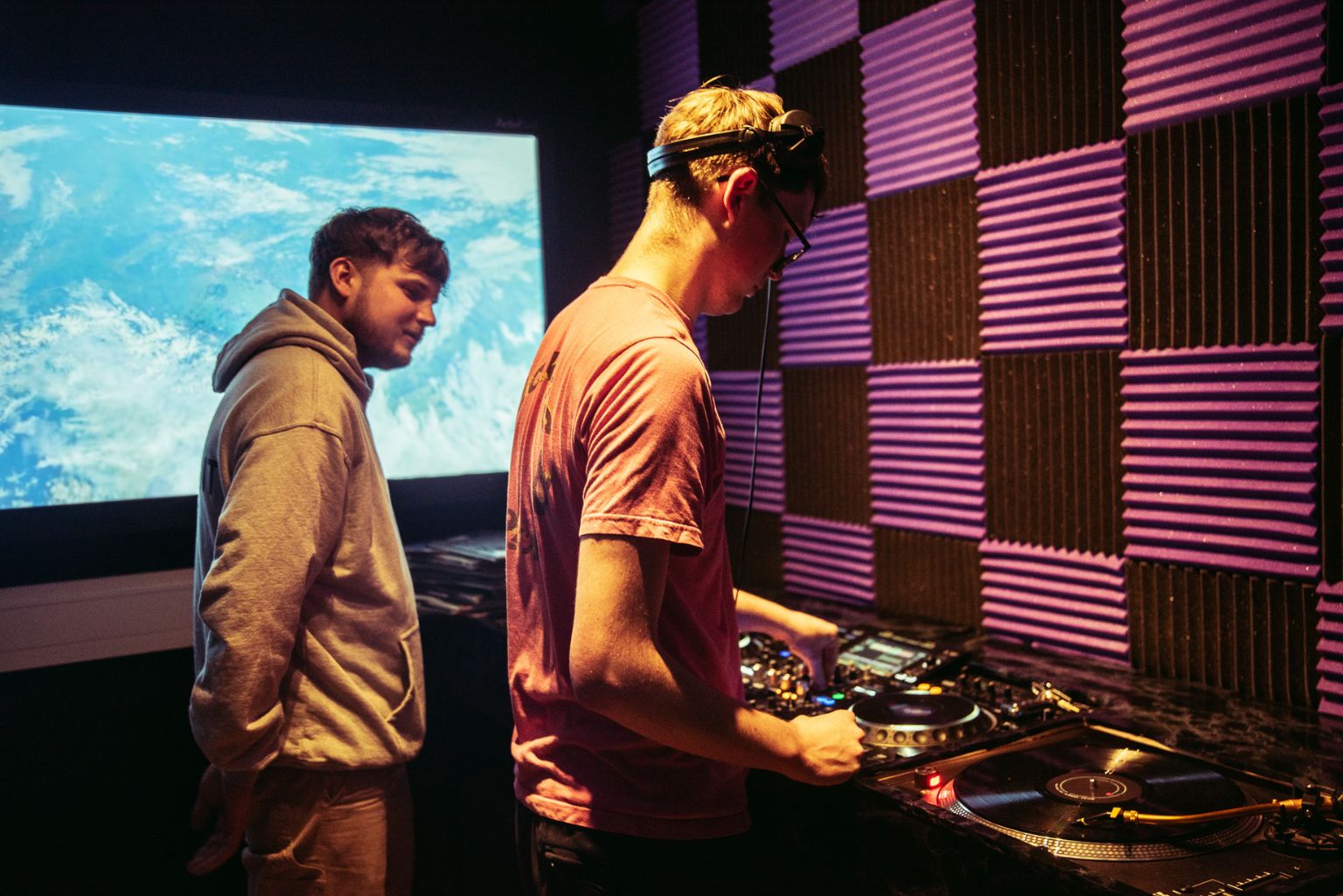
Access Creative College offers a Level 3 Music Production course at our centres across the country. This is a fantastic platform to learn how to compose music, record studio sound, create sample libraries, and also gain all of the necessary skills to become a music producer, sound designer, DJ, and other exciting potential career paths.
Didn’t get the GCSEs to study a Level 3? We also offer a Level 2 Music Technology course which acts as the perfect stepping stone to enrol on a Level 3 course.
Apply online for a course today!
- How to produce music: A guide for beginners - November 26, 2024